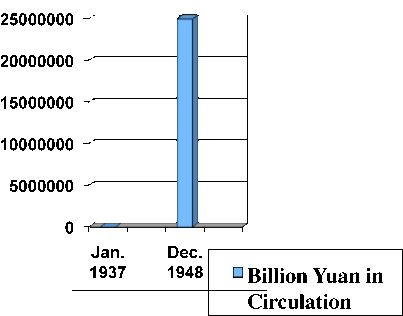
Little known in China
Parallels with Chinese experience
Anti-imperialism
Relinquished Russian concessions in Manchuria
Li Dazhao
Peking University
Marxist Research Society, 1918
Theoretical contributions
Modes of production
Feudalism
Capitalism
Bourgeoisie vs. Proletariat
Capitalist imperialism vs. “proletarian nations”
Communism
Chen Duxiu
Special Issue of New Youth, 1919
Li Dazhao, “My Marxist Views”
Formed 1919
Vladimir Lenin (1870-1924)
International strategy
Mao Zedong (1894-1976)
Maring
National People's Party [Guomindang (GMD)]
Sun Yat-sen
Leninist Party Organization
President (Unelected)
Nationalism, Democracy, Socialism
Chiang Kai-shek (Jiang Jieshi)
Zhou Enlai (Political Education)
GMD Northern Expedition, July 1, 1926
Chiang Kai-shek and army arrives Shanghai, March 26, 1927
Suppression of unions and CCP, April 12
Changsha uprising, Sept. 1927
Zhu De
Ruining
Adaptation and assimilation of Marxism-Leninism
Secure territorial base
Mass support of peasantry
Land reforms
Self-sufficiency
Rejects Comintern and capitalist imperialism
Red Army guerrilla warfare
“The enemy advances, we retreat; the enemy camps, we harass; the enemy tires, we attack; the enemy retreats, we pursue.”
Manchuria, 1931
East China, 1936
2 million soldiers
1.7 million civilians
GMD at Chongqing
Burma Road 1938-1942
CCP at Yan’an
Anti-Japanese nationalism
Socioeconomic reform
Discipline of army and officials
Corruption
Hyperinflation
